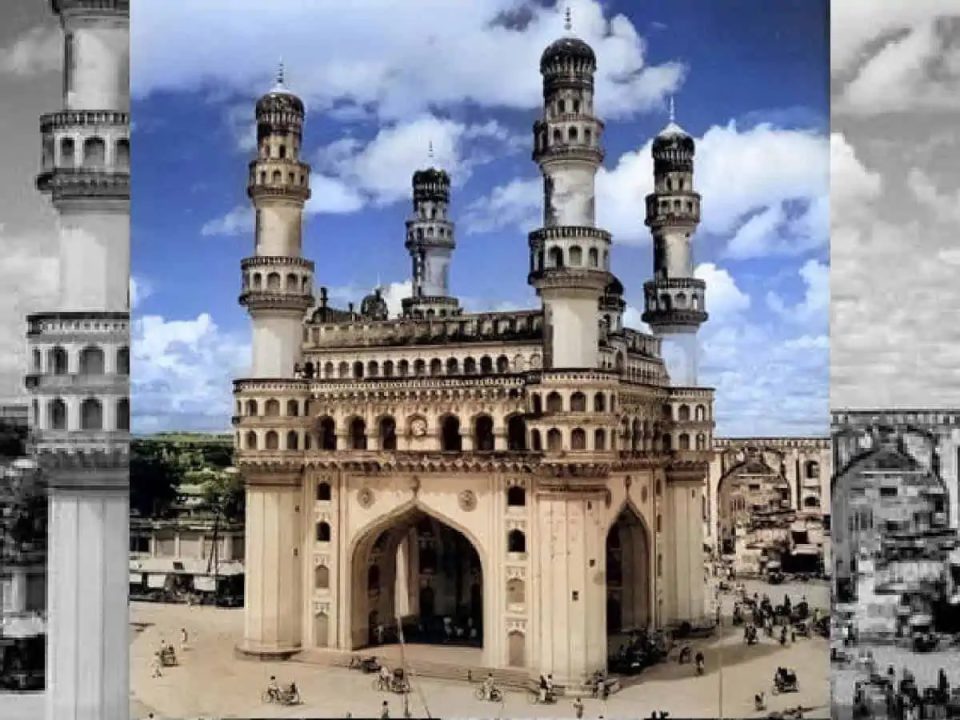The residents of Telangana are facing the prospect of a significant increase in property taxes after the state’s legislative assembly elections. This rise is part of a broader effort to implement financial reforms in urban local bodies, aiming to enhance their revenue generation and self-sufficiency. These reforms are being promoted by the Central government and have already been initiated in various municipalities and corporations across Telangana, excluding the Greater Hyderabad Municipal Corporation. Notably, new property tax rates have been introduced in the recently established municipal corporations on the outskirts of the city, and these rates often appear to be higher than those within the city.
One of the key changes in the property tax system is the shift from the Annual Rental Value (ARV) to the Market Capital Value as the basis for calculating taxes. The ARV was previously determined based on the property’s built-up area in square feet. Historically, the tax rates were discretionary and subject to the assessments made by revenue personnel, including bill collectors and tax inspectors. This led to a situation where many property owners, often in collusion with the staff, paid significantly lower taxes, sometimes as low as 10 to 30 paise per square foot.
The Greater Hyderabad Municipal Corporation (GHMC) recently addressed this issue by introducing more uniform tax rates throughout the city. In most areas, the rate per square foot is set at ₹1, with slightly higher rates in exclusive neighborhoods like Jubilee Hills and Banjara Hills at ₹1.25 per square foot. Additionally, self-assessment has been introduced for new properties, meaning that the new tax rates apply when a property changes ownership through sale or inheritance.
Under the reformed tax calculation method, the registration value set by the government serves as the basis for determining property taxes. This change results in varying tax amounts based on the property’s location. For instance, a 1,000 square foot flat in Banjara Hills, which would previously incur a property tax of ₹3,000 (calculated based on ARV), would see a substantial increase under the new system. Assuming a property market value of ₹64 lakh and a rate of 0.12%, the annual tax liability would be ₹7,680, more than double the existing tax amount.
The consequences of these property tax reforms are expected to be more pronounced in the city than in peripheral municipalities, as the city’s property values are likely to be higher. Consequently, city residents are likely to face a substantially greater tax burden, potentially leading to discontent and resistance among property owners.

